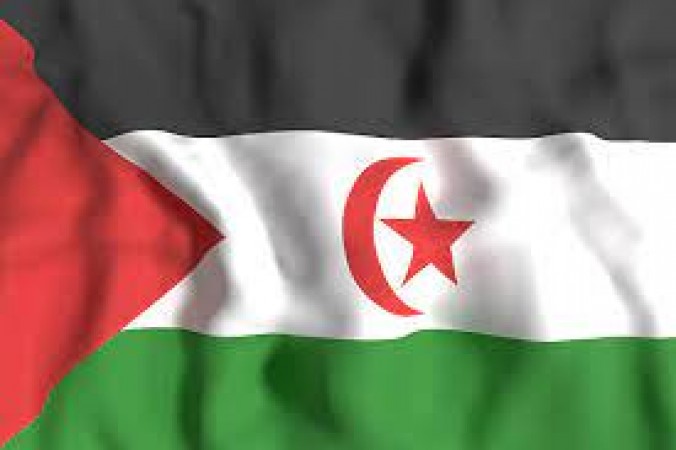
Western Sahara, a contested territory in North Africa, remains at the center of an enduring conflict that has spanned decades. Characterized by its stark landscapes and historical significance, Western Sahara's journey is a complex tapestry of territorial disputes, human rights concerns, and the pursuit of self-determination for its people.
Geographically, Western Sahara is a vast desert expanse, bordered by the Atlantic Ocean to the west and Algeria, Mauritania, and Morocco to the east and south. Its vastness is home to a diverse array of ecosystems, from coastal regions to sand dunes and rocky plateaus. The region's history is marked by its indigenous Sahrawi people, who have lived in the area for centuries. Spain once colonized Western Sahara, but in 1975, it withdrew, leading to a territorial dispute between Morocco and the Sahrawi independence movement, the Polisario Front. This dispute has resulted in decades of conflict, displacing thousands of Sahrawi refugees who sought shelter in neighboring Algeria.
The issue of sovereignty over Western Sahara remains unresolved, with competing claims from Morocco and the Polisario Front. The United Nations has been involved in peacekeeping efforts and has called for a referendum to determine the region's status, but progress has been slow, and a lasting solution remains elusive. Human rights concerns have also plagued the region, with reports of abuses and repression against Sahrawi activists and those advocating for self-determination. The situation of Sahrawi refugees in Algeria's Tindouf camps has also raised international attention, with challenges regarding access to education, healthcare, and livelihood opportunities. Aspirations for self-determination and autonomy are deeply rooted in the hearts of the Sahrawi people. They seek the right to determine their own political future and express their cultural identity without interference. Despite the challenges, the Sahrawi people have shown resilience in their pursuit of justice and their struggle for recognition on the international stage. In recent times, diplomatic efforts have been made to address the Western Sahara conflict. Various peace negotiations and talks have taken place, with the aim of finding a mutually agreeable solution. The international community continues to engage in efforts to bring about a just and lasting resolution to the conflict.
In conclusion, Western Sahara's story is one of enduring conflicts and unfulfilled aspirations for self-determination. Its historical significance, complex geography, and the plight of the Sahrawi people highlight the pressing need for a peaceful and fair resolution. As the world continues to focus on finding a lasting solution, the hope remains that the people of Western Sahara will one day see their dreams of self-determination realized, paving the way for a future of peace and prosperity.
Also read-Barbados: A Caribbean Paradise of Rich Culture and Stunning Beauty
Kobe, Japan: A Vibrant City of Rich History and Modern Marvels
Timeless Treasures: Exploring the Seven Great Temples of Nara, Japan's Ancient Heritage